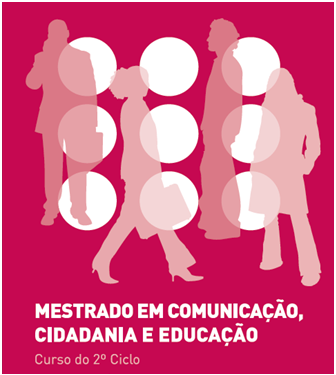Terá passado discretamente (ou terá sido rapidamente esquecido) um documento - "The Key Competences Framework" - da União Europeia, que definiu "as competências de que qualquer cidadão necessita para uma vida bem sucedida na sociedade do conhecimento". São elas:
The Reference Framework sets out eight key competences:
1) Communication in the mother tongue;Anota, sobre esta lista, o documento:
2) Communication in foreign languages;
3) Mathematical competence and basic competences in science and technology;
4) Digital competence;
5) Learning to learn;
6) Social and civic competences;
7) Sense of initiative and entrepreneurship; and
8) Cultural awareness and expression.
"The key competences are all considered equally important, because each of them can contribute to a successful life in a knowledge society. Many of the competences overlap and interlock: aspects essential to one domain will support competence in another. Competence in the fundamental basic skills of language, literacy, numeracy and in information and communication technologies (ICT) is an essential foundation for learning, and learning to learn supports all learning activities. There are a number of themes that are applied throughout the Reference Framework: critical thinking, creativity, initiative, problem solving, risk assessment, decision taking, and constructive management of feelings play a role in all eight key competences".
Competência digital
A competência digital é assim definida e operacionalizada:
"Digital competence involves the confident and critical use of Information Society Technology (IST) for work, leisure and communication. It is underpinned by basic skills in ICT: the use of computers to retrieve, assess, store, produce, present and exchange information, and to communicate and participate in collaborative networks via the Internet. Essential knowledge, skills and attitudes related to this competence:
Digital competence requires a sound understanding and knowledge of the nature, role and opportunities of IST in everyday contexts: in personal and social life as well as at work. This includes main computer applications such as word processing, spreadsheets, databases, information storage and management, and an understanding of the opportunities and potential risks of the Internet and communication via electronic media (e-mail, network tools) for work, leisure, information sharing and collaborative networking, learning and research. Individuals should also understand how IST can support creativity and innovation, and be aware of issues around the validity and reliability of information available and of the legal and ethical principles involved in the interactive use of IST.
Skills needed include the ability to search, collect and process information and use it in a critical and systematic way, assessing relevance and distinguishing the real from the virtual while recognising the links. Individuals should have skills to use tools to produce, present and understand complex information and the ability to access, search and use internet-based services. Individuals should also be able use IST to support critical thinking, creativity, and innovation.
Use of IST requires a critical and reflective attitude towards available information and a responsible use of the interactive media. An interest in engaging in communities and networks for cultural, social and/or professional purposes also supports this competence".





Sem comentários:
Enviar um comentário